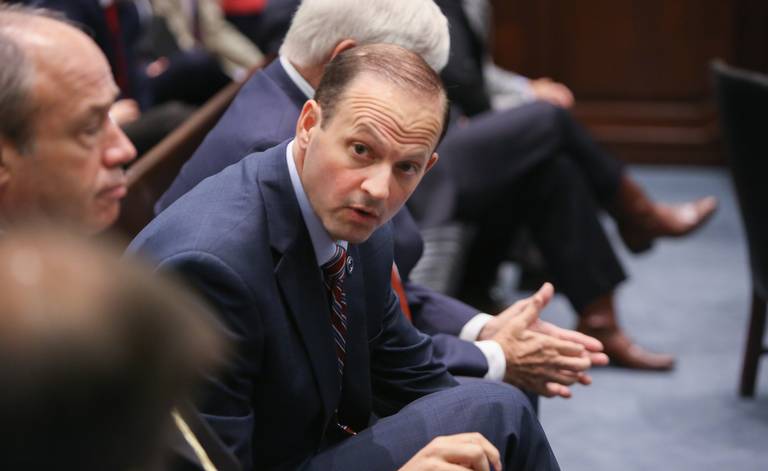Paul Cienfuegos, Community Rights US Founder and Director, was recently contacted by a Community Rights colleague directly effected by the state government’s reaction to local municipalities attempting to protect their constituent’s health, safety and welfare in parts of South Carolina. This contact is what led us to the news story below. Here is what Paul had to say about it:
“One of the joys of having built so many working relationships across the whole country over my decades of doing CR work is that, so often, I get to hear first hand from folks I already know, in far flung places. This was the case this morning, when I received three emails in quick succession from a professor at the U of South Carolina in Columbia. She hosted a public talk of mine there some years ago at a conference she had organized, and we’ve stayed in close touch ever since.
“The governor of her state just told the various mayors that had already passed local stay-at-home orders for their residents, that they had no legal authority to do so, and he preempted it, claiming that only the state government could make such decisions. So she contacted me this morning, in a great panic, with the Subject line, ‘Urgent: the governor of SC has lost his mind, we need community rights.'”
This news story by Isabella Cueto was published in The State on March 27th, 2020.
The state Attorney General’s Office says cities and counties in South Carolina have limited powers during states of emergency, raising questions about the legality of stay-at-home orders issued by Columbia and Charleston this week.
The opinion was published Friday morning and written by Solicitor General Robert D. Cook in response to a letter sent by Rep. Jeff Bradley, representative for Hilton Head Island and Daufuskie Island. Bradley said he sought clarification from the Attorney General because Hilton Head Council was weighing the possibility of enacting a shelter-in-place ordinance, but wanted to know if there were any potential constitutional issues with such an order.
The Attorney General’s opinion cited a state law that gives the governor extraordinary powers during a state of emergency — powers which preempt that of local and county governments.
To read the rest of this story at its original source please click HERE.

